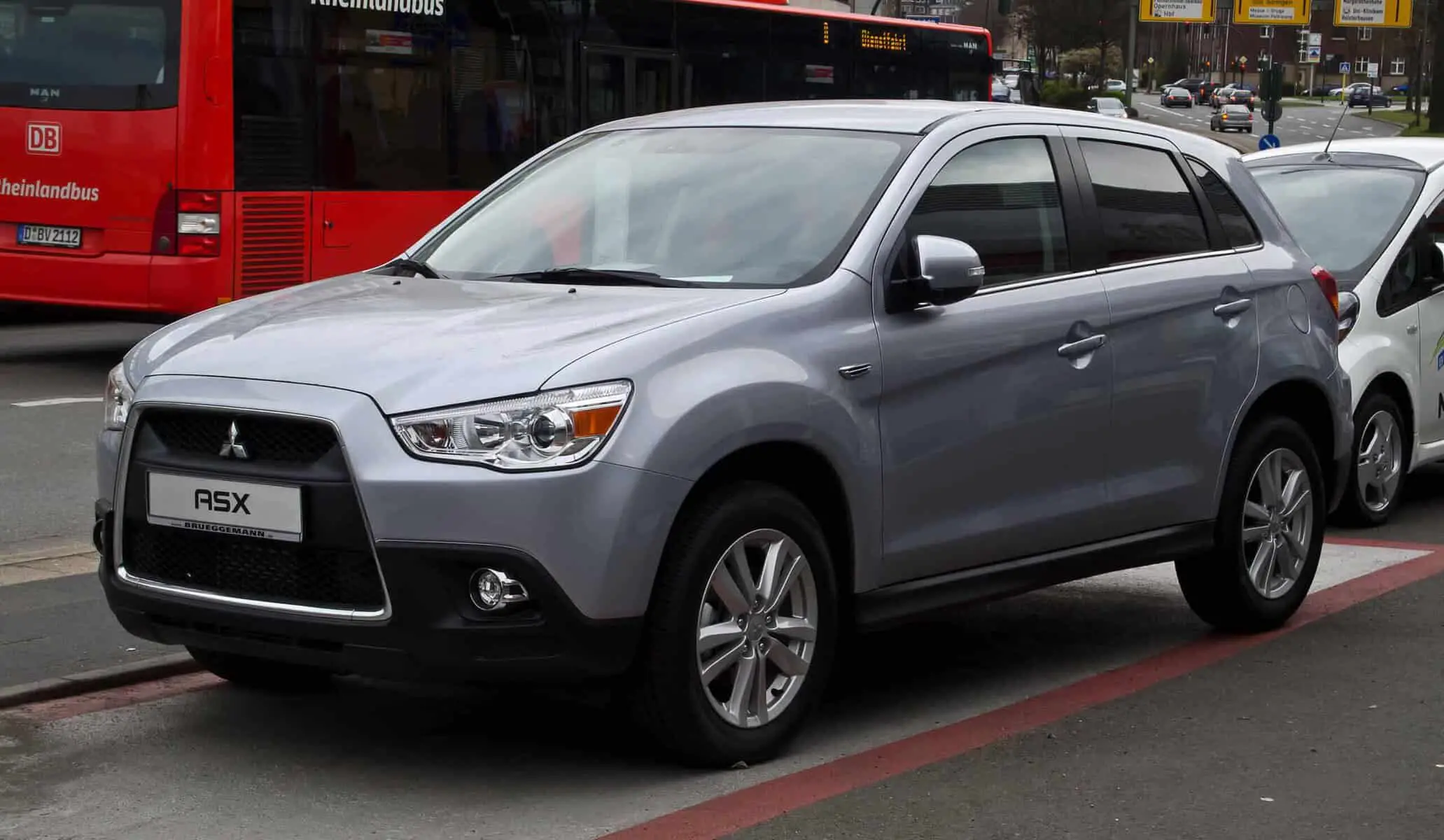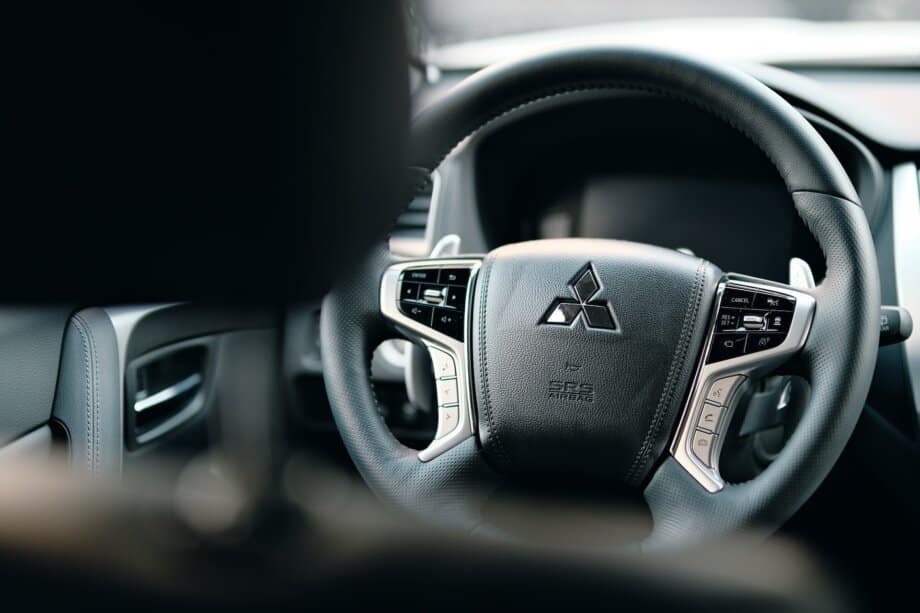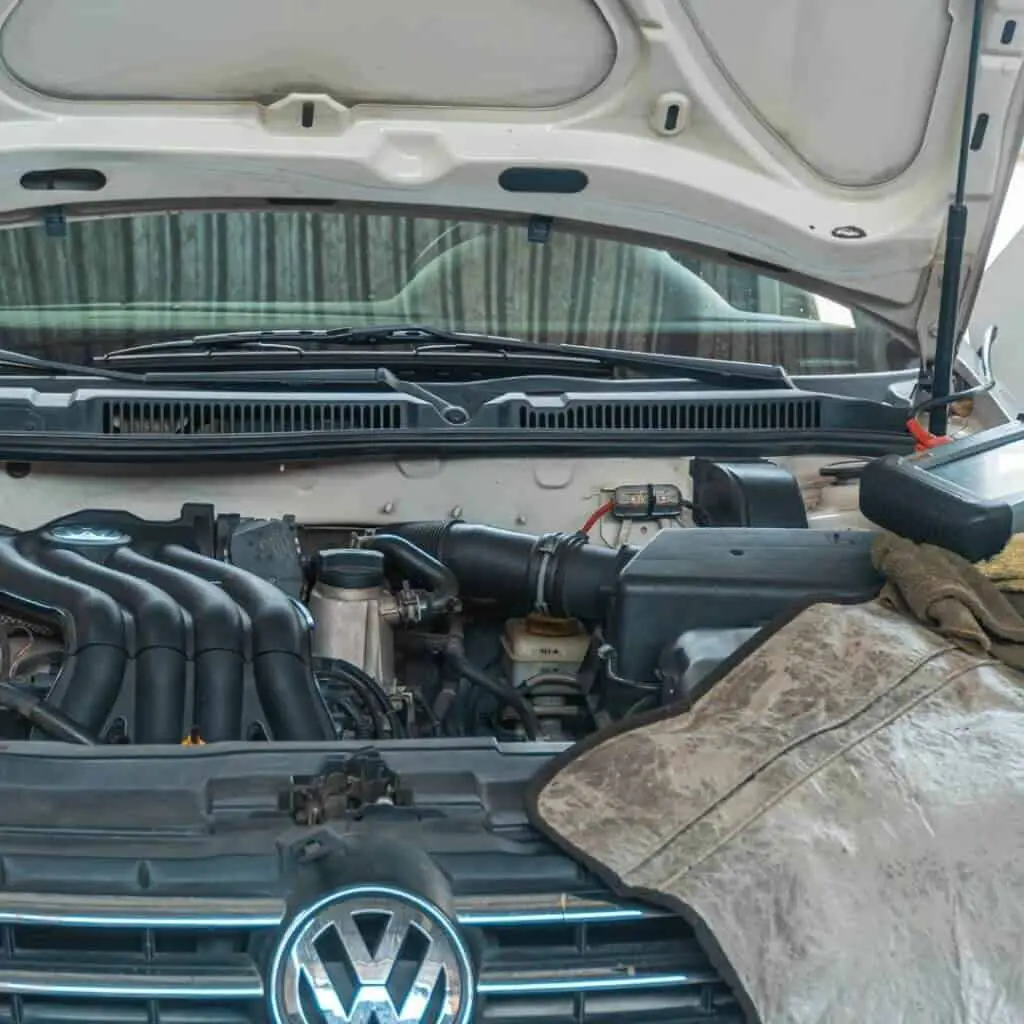Are you familiar with Mitsubishi ASX problems that may occur?
The Mitsubishi ASX is a compact crossover SUV first introduced in 2010. It is designed to provide a comfortable ride and reliable performance in various driving conditions.
The ASX has features such as a 2.0-liter four-cylinder engine, a continuous variable transmission (CVT), and a full-time four-wheel-drive system. It is a five-door vehicle well-regarded for its good fuel economy, comfortable interior, and value for money.
It also has a stylish exterior and a modern interior design with sufficient space for passengers and cargo. These features make ASX a great choice for those who want to combine a family car’s convenience with an SUV’s ruggedness.
The vehicle has a range of petrol and diesel engines, all-wheel drive, and front-wheel drive options.
Overall, the Mitsubishi ASX is a reliable car. But owners should be aware of the potential issues that may arise.
Regular servicing and maintenance are key to keeping the vehicle running smoothly. Any problems should beaddressed quickly to prevent further damage.
Mitsubishi ASX Problems

Mitsubishi ASX owners have reported a variety of problems with the vehicle. The most common complaints include transmission, engine, brakes, rusting, and suspension problems.
In addition, many owners have noted that the transmission tends to shudder. ASX also suffers from rattles and squeaks in the interior trim [1].
Additionally, some owners have reported engine problems, such as hard starting and rough idling. One of the common issues with the ASX is that the engine can produce a lot of noise.
Moreover, some owners have reported problems, such as a bouncy ride or excessive body roll. The park brakes have also been reported not to hold, while some parts of the car, such as the underbody and boot switch, are susceptible to rust. The issues are discussed in detail below.
- Transmission issues
The most common problem reported by Mitsubishi ASX owners is transmission-related. Several motorists have reported that their transmission tends to shudder, which can signify impending failure.
The shuddering occurs during acceleration or cruising and might be accompanied by a loud whining or grinding noise. Additionally, some owners have reported that their transmission slips out of gear, resulting in an unexpected loss of power [2].
In July 2014, a recall was issued for Mitsubishi XB ASX cars manufactured between April and June 2013. In these cars, inappropriate machining of the transfer case shield resulted in oil seal dislodgment permitting automatic transmission fluid (ATF) to escape.
- Engine problems
Some owners have reported engine problems, such as hard starting or rough idling. Stalling, hesitation, lack of power, shaking, or excessive engine oil consumption has also been identified.
In some cases, the engine may start but will not stay running. Other drivers have reported that their engines will run rough at idle or it will stall unexpectedly.
Additionally, some owners have reported that their engine will “surge” or “lurch” when accelerating from a stop.
For example, some 2013 Mitsubishi ASX 3 1.8 Diesel 4WD vehicles might have deteriorating catalytic converters, excessive oil consumption, electrical connector issues, and failing mass air flow sensors. In some circumstances, extensive mechanical repairs or engine replacement may be necessary [3].
- Clicking sound and failure to start
Some Mitsubishi ASX vehicles won’t start and make clicking noises for various reasons. Weak batteries and a bad electrical connection are the common causes of this problem. Other causes include defective ground connection, starter motor, or general engine failure.
In addition, the battery terminals might be damaged and should be checked for corrosion. If so, do a thorough cleaning and check for damage by rodents.
- Vehicle suspension issues
Some owners have reported trouble with the suspension, such as a bouncy ride or excessive body roll. Although the suspension is designed to provide a comfortable ride, some motorists have reported that their vehicles will bounce excessively when driving over rough surfaces.
In addition, drivers have reported that their cars will roll a lot when cornering [4].
- Rusting problems
Several owners have reported that the ASX is prone to rusting. This can be caused by water getting into the body panels and corroding the metal. The rusting issue with the ASX is common around areas under the boot switch and underbody parts.
This problem can be initiated by water leakages inflowing into the car through the boot switch, typically due to a damaged seal around the switch [5].
As a result, boot switches will eventually require re-welding.
The exhaust is also prone to rust due to damage by street debris over time. In addition, weathering will expose the metal beneath the boot to rust. Owners of the first-generation Mitsubishi ASX, which includes cars from 2010 to 2019, frequently have this problem.
- Parking brake issues
There were issues with Mitsubishi ASX park brakes not holding due to rear caliper problems. A recall was issued for most ASX models as a result. Therefore, if you buy an ASX, it’s crucial to find out if it is included in this recall.
If so, you should resolve the issue as soon as possible. Mitsubishi fixed this problem by providing a free replacement of the calipers. [6]
Read Also: Mitsubishi Pajero Problems
Possible Solutions to Mitsubishi Problems

Like any other automobile, the most effective procedure to resolve the problems associated with the Mitsubishi ASX is to have the car serviced regularly. This will ensure that all components function properly and that any loose, worn, or damaged parts are repaired or replaced [9].
Furthermore, if any vehicle element needs to be replaced, it is important to use OEM components, as aftermarket components may not be compatible with the car.
Mitsubishi ASX owners experiencing transmission, engine, electrical, and suspension problems should take their vehicles to an authorized Mitsubishi service center for inspection and repair. The technicians can easily diagnose the problem and do necessary repairs and replacements.
In addition, for transmission issues, it is key to ensure that the car’s transmission fluid, filters, clutch solenoids, and control module are regularly checked and changed.
To address the poor fuel economy problem, ensure that the engine oil level, air filter, spark plugs, idle air control valve, throttle body fuel injectors, and oxygen sensor are clean and working properly.
Furthermore, the battery should be checked frequently to avoid corrosion on terminals, resulting in an irregular power supply.
Read Also: Mitsubishi Eclipse Cross Problems
Conclusion
The Mitsubishi ASX is a reliable car. The car may endure between 250 000 and 300 000 KM (155 000 to 186 000 miles) without having significant repairs but with regular maintenance. However, like all other vehicles, it has its own unique set of problems. Thus, it is important to be informed of the common issues associated with it.
Always take your car to a competent mechanic for quality services if any of these issues are encountered. This can help ensure that your vehicle remains in good condition for many years. And always use OEM spare parts because aftermarket parts might not be compatible with the car.
Read Next: BMW N57 Engine Problems





